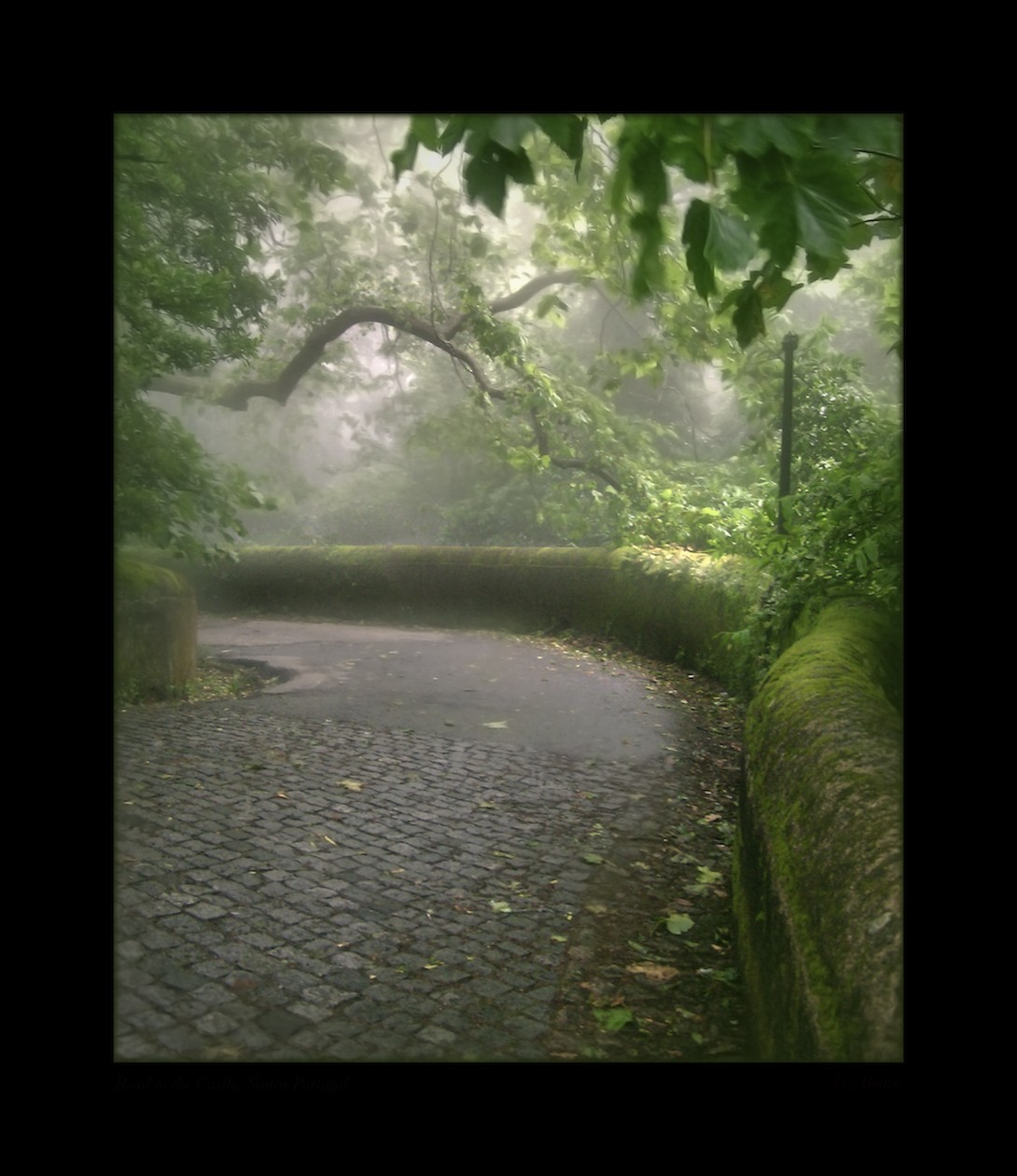
Communities of Communality
The answer to this question resides partially in the way that the notion of community has evolved in 21st Century life. There are the lifestyle enclaves described by Robert Bellah and his associates as well as the virtual communities that have recently become dominant in many technologically advanced societies. People no longer spend all their free time interacting with people living next door, working in the same organization, or ensconced in the same ethnic enclave. In many suburban communities throughout the world, residents might not even know the name of their neighbors – especially if they are living in suburbs where there are high rates of mobility. During the last few years (often driven by the COVID-19 virus), the in-person workplaces are being replaced by virtual settings in which employees interact via Zoom, Webex and other digital-mediated venues. Ethnic enclaves might now include relatives and friends remaining in the old homeland with whom residents of the new enclave stay connected via the Internet.
It is often more likely that suburbanites spend a Saturday afternoon attending a sports car rally or going to the gym three miles away to work out with their friends. The ethnic enclaves are now often repurposed with a more specific focus on cuisine from the homeland or “folk” dancing based on back-home traditions. During the past decade it has become even more likely that they are sending Saturday afternoon (and most weekday afternoons or evenings) talking with their Internet buddies—especially if these suburbanites are under 30 years of age.
A similar story can be told about those working in virtual environments. Instead of going out for a beer (or wine) after work with their fellow workers, they are likely to shift from their work-based email account to their personal mobile device for chats with their Internet buddies. No beer or wine–rather an afterwork sharing of thoughts and feelings with those holding a similar set of values and perspectives—that is with other members of the same lifestyle enclave.
It is easy to declare that the lifestyle enclaves are new and that the Internet and virtual workplaces have changed everything. Before doing so, perhaps we should consider ways in which things haven’t really changed. The lifestyle enclaves of the 21st Century might simply be variants on the ghettoes that existed at an earlier time (and that still exist in some societies). It is all about shared perspectives, interests, histories and even language (with technical terms and shorthand terms and abbreviations now being bandied about inside the enclaves). However, there is one big difference. The current lifestyle enclaves are freely chosen by their inhabitants, whereas the ethnic ghettoes have usually not better a matter of personal choice.
Robert Bellah and his colleagues (1985, p. 153) suggest that: . . . communities . . . have a history—in an important sense they are constituted by their past—and for this reason we can speak of a real community as a ‘community of memory,’ one that does not forget its past.” If Bellah is accurate, then our ghetto-based communities of memory were filled with the trauma of denied privilege and exclusion, whereas are lifestyle-based communities of memory are filled with the hope and joy of shared interests and activities. Interpersonal relationships can thrive in a community that is freely chosen.








